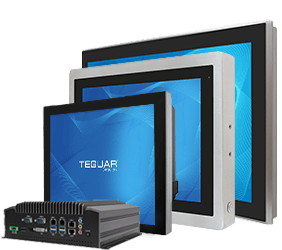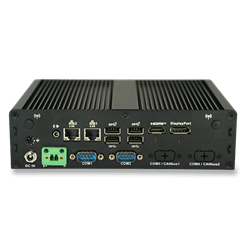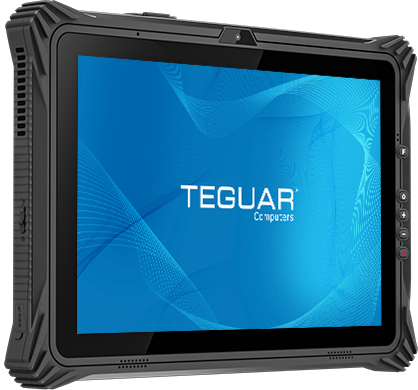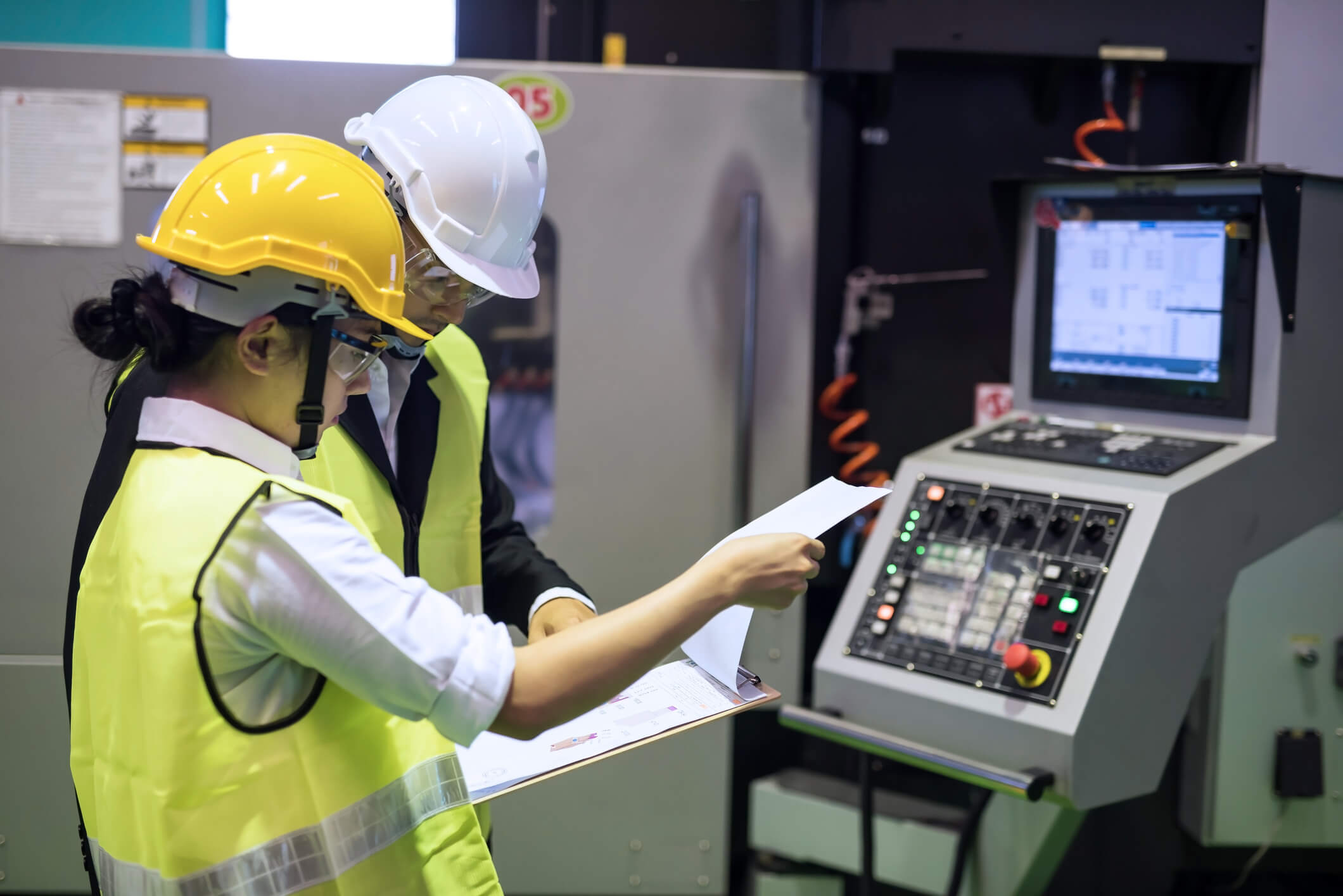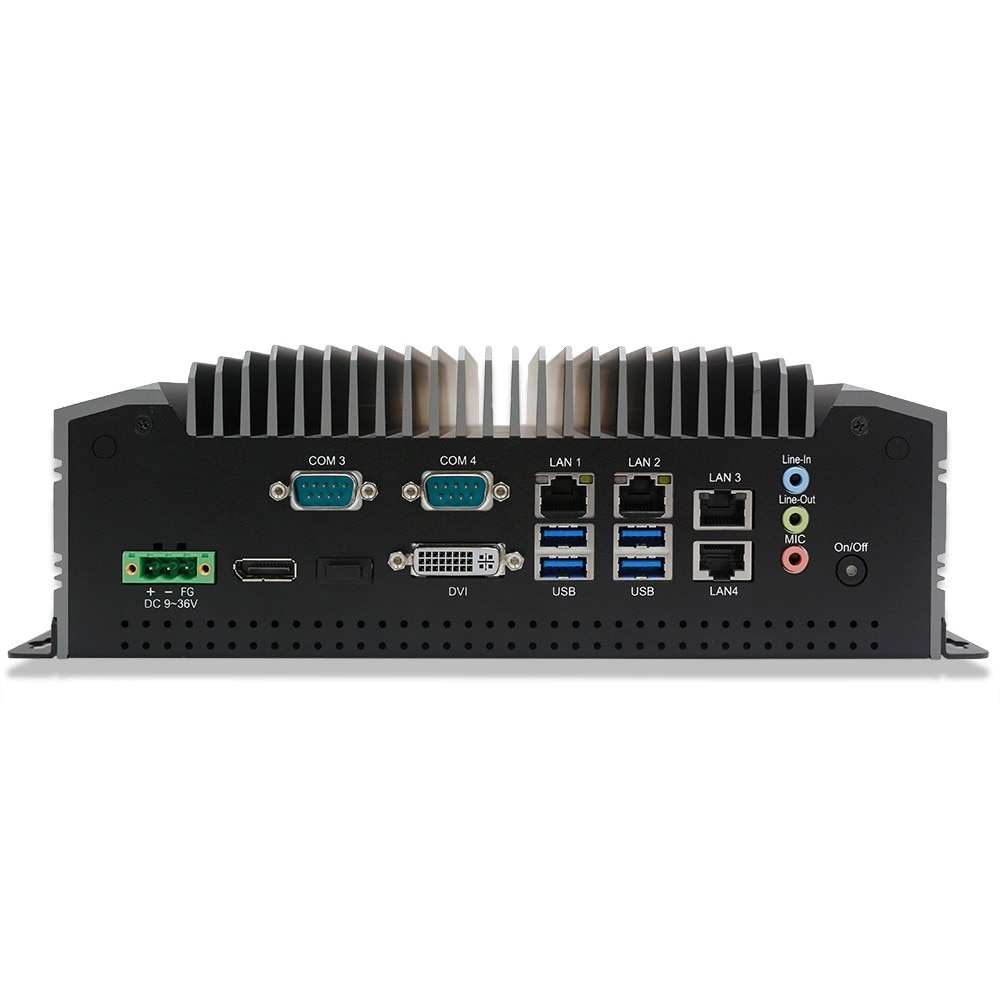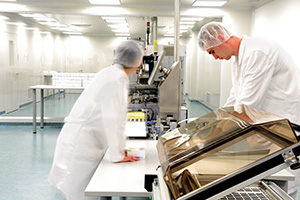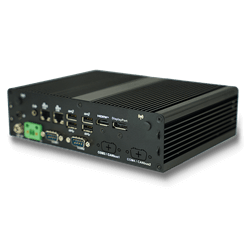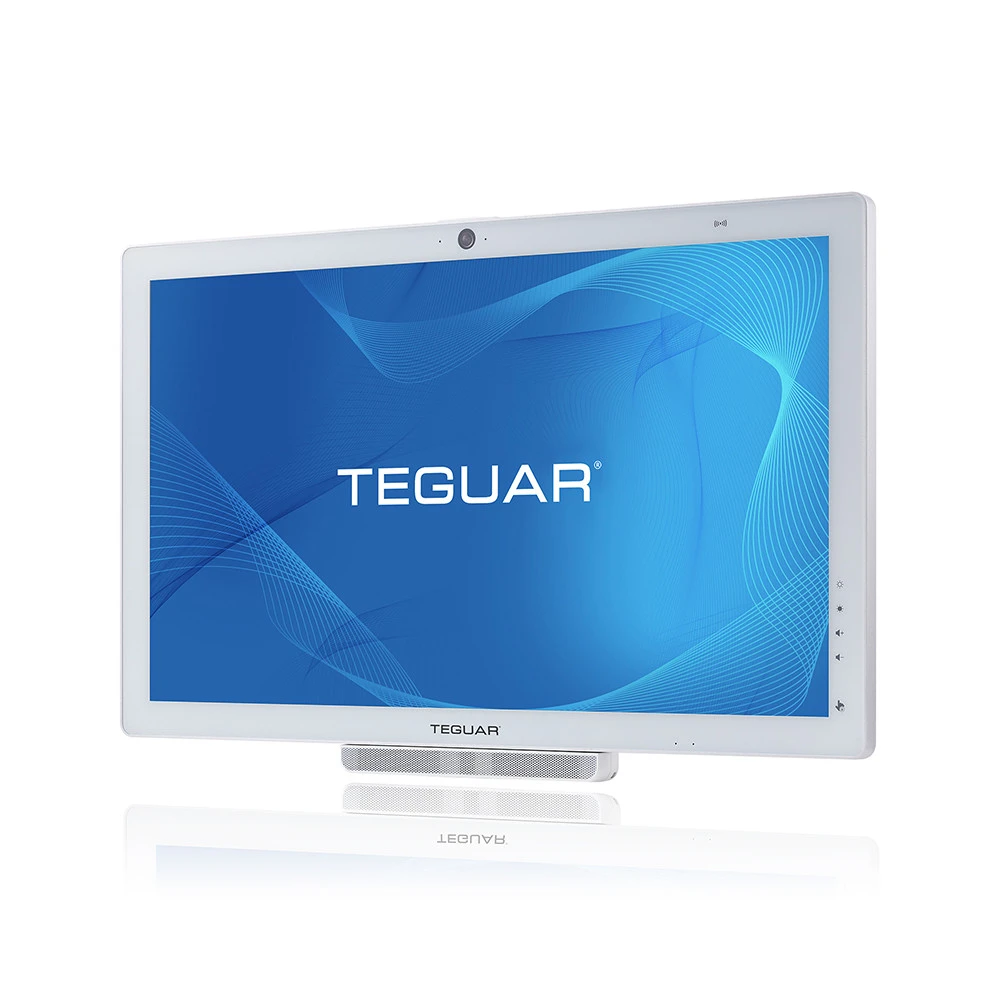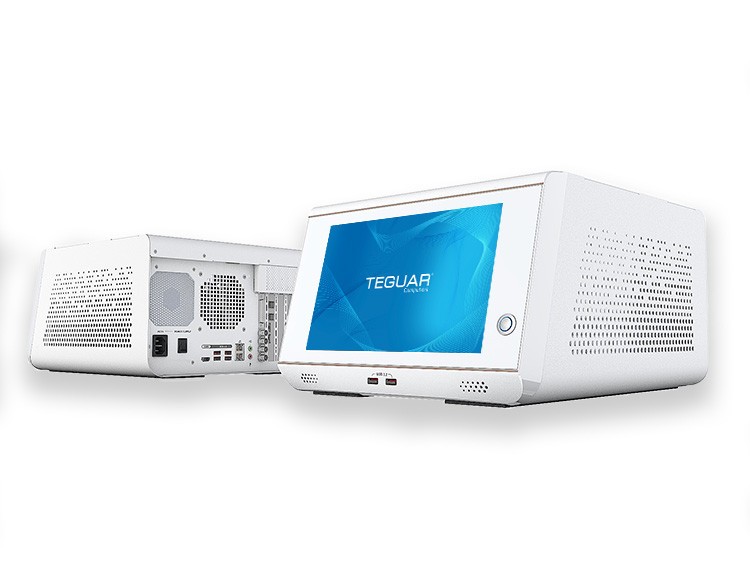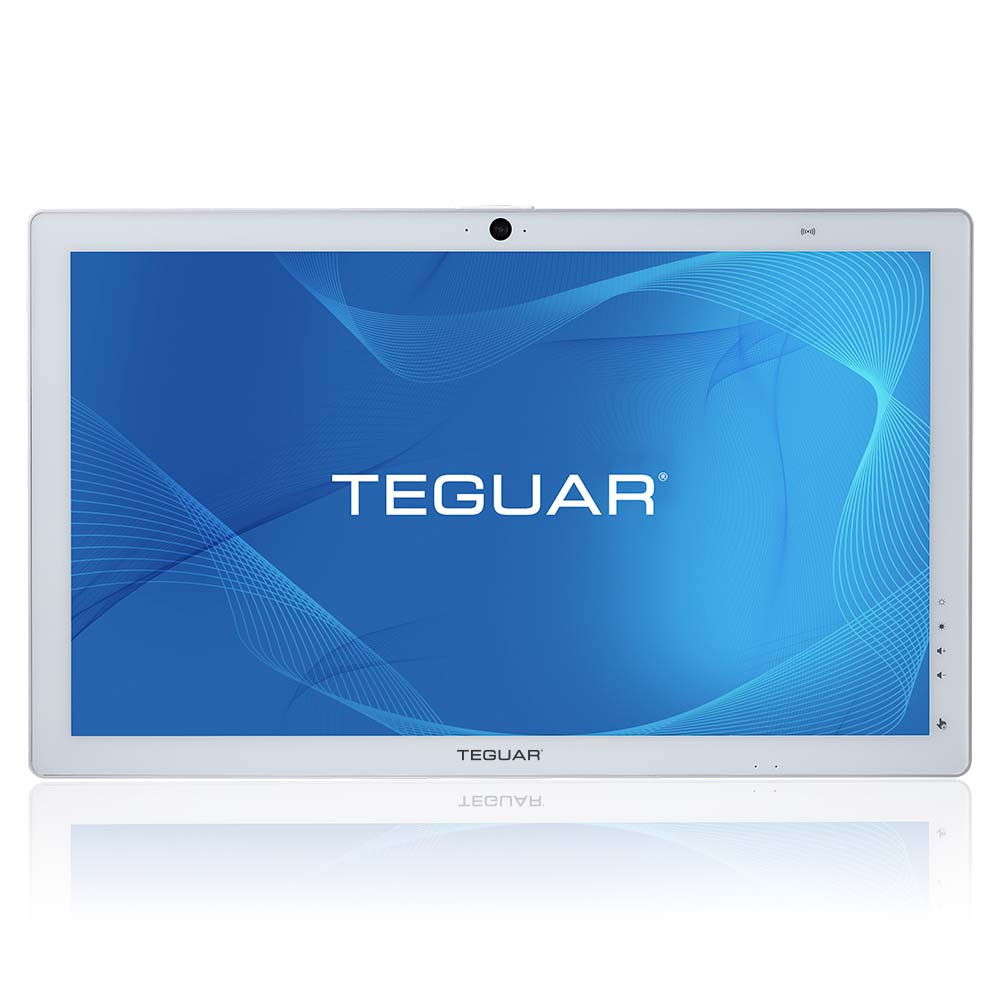Medically Certified vs. Compliant: Definitions and Examples
The terms medically compliant and medically certified are often used in the context of medical devices, equipment, or products. While they may seem similar, they have distinct meanings and implications, especially in terms of regulatory requirements and standards. Here’s the difference between the two:
Medically Compliant
Definition
A product that is medically compliant means it adheres to relevant medical regulations, standards, and guidelines. It has been designed or manufactured in a way that meets the necessary safety, performance, and quality requirements for use in medical settings. However, “medically compliant” does not necessarily mean the product has been formally evaluated or approved by regulatory bodies like the FDA or CE (European Conformity).

Context
Medically compliant products may follow certain standards (e.g., ISO standards, IEC standards) but may not necessarily have undergone the full certification or approval process required for regulated medical devices.
In some cases, a product is considered “compliant” if it is made from materials that are safe for medical use or meets specific industry standards (e.g., resistance to cleaning chemicals, biocompatibility, electrical safety).
Examples
- A component of medical equipment (like a tablet mount or a medical-grade connector cable) may be deemed medically compliant if it meets the relevant standards for materials, manufacturing processes, or performance but has not been submitted for formal certification.
- A device may meet the necessary health and safety requirements for use in a healthcare environment, but it may not be subject to the strict regulatory approval processes that govern medical devices.
- If a medical compliant tablet is a component of a solution, this lowers the risk of failure when performing a full system EMI medical certification such as IEC-60601-1-2.
Medically Certified
Definition
A product that is medically certified means it has been officially evaluated and approved by a regulatory body (e.g., FDA in the United States, CE mark in Europe, or other national regulatory authorities). This certification indicates that the product has gone through the required processes to ensure its safety, effectiveness, and quality in a medical environment.
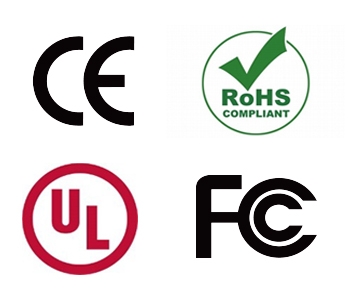
Context
Certification typically involves extensive testing, clinical trials, and documentation to prove that the product meets the specific regulatory requirements for medical devices. A certified medical device will carry the necessary approval or certification marks (e.g., FDA approval, UL and/or CE mark) and is legally authorized for sale and use within the regulated market.
Certification involves third-party assessments (in some cases) to verify that a product conforms to medical device regulations.
Examples
- A medical device such as an infusion pump or a surgical instrument that has passed through clinical trials, rigorous testing, and regulatory review is considered medically certified.
- A product like a medical tablet docking station might be certified if it has been tested and meets the FDA’s 510(k) clearance or other local regulatory requirements for medical use.
- A product like a medical all-in-one computer may be certified to meet UL-60601-1 for Safety and EN/IEC-60601-1-2 for EMC which will help save time and costs for a full medical solution with software and/or additional hardware. However, this does NOT mean the total solution is ready to market as part of a medical system that will be FDA standard unless it goes under full system certification and medical trials.

Key Differences
| Aspect | MEDICALLY COMPLIANT | MEDICALLY CERTIFIED |
| Regulatory Approval | May or may not have undergone formal regulatory approval. | Has been formally evaluated and approved by a regulatory body. |
| Standards Met | Meets industry standards and guidelines (e.g., ISO, IEC). | Meets regulatory standards (e.g., FDA, UL, CE mark). |
| Testing & Evaluation | Follows safety guidelines but may not be rigorously tested. | Undergoes rigorous testing, clinical trials, and regulatory review. |
| Legal Status | May be used in medical environments but not legally cleared for medical use directly. | Legally cleared for use in medical environments. |
| Example | Materials used in a medical device may be compliant with ISO standards but not certified by regulatory agencies. | A medical device such as a heart monitor is FDA-certified. |
Conclusion
In summary, “medically compliant” typically refers to a product that adheres to medical standards or guidelines but may not have undergone formal regulatory approval, while “medically certified” means the product has been formally evaluated, tested, and approved by a recognized regulatory body for use in healthcare settings.
Either product acting as a component of a system can be used when building a fully certified medical solution, as the whole solution will ultimately have to be certified and tested itself.
Need some help parsing medically compliant and medically certified computer solutions? Contact us below or browse our collection of medical computers.


